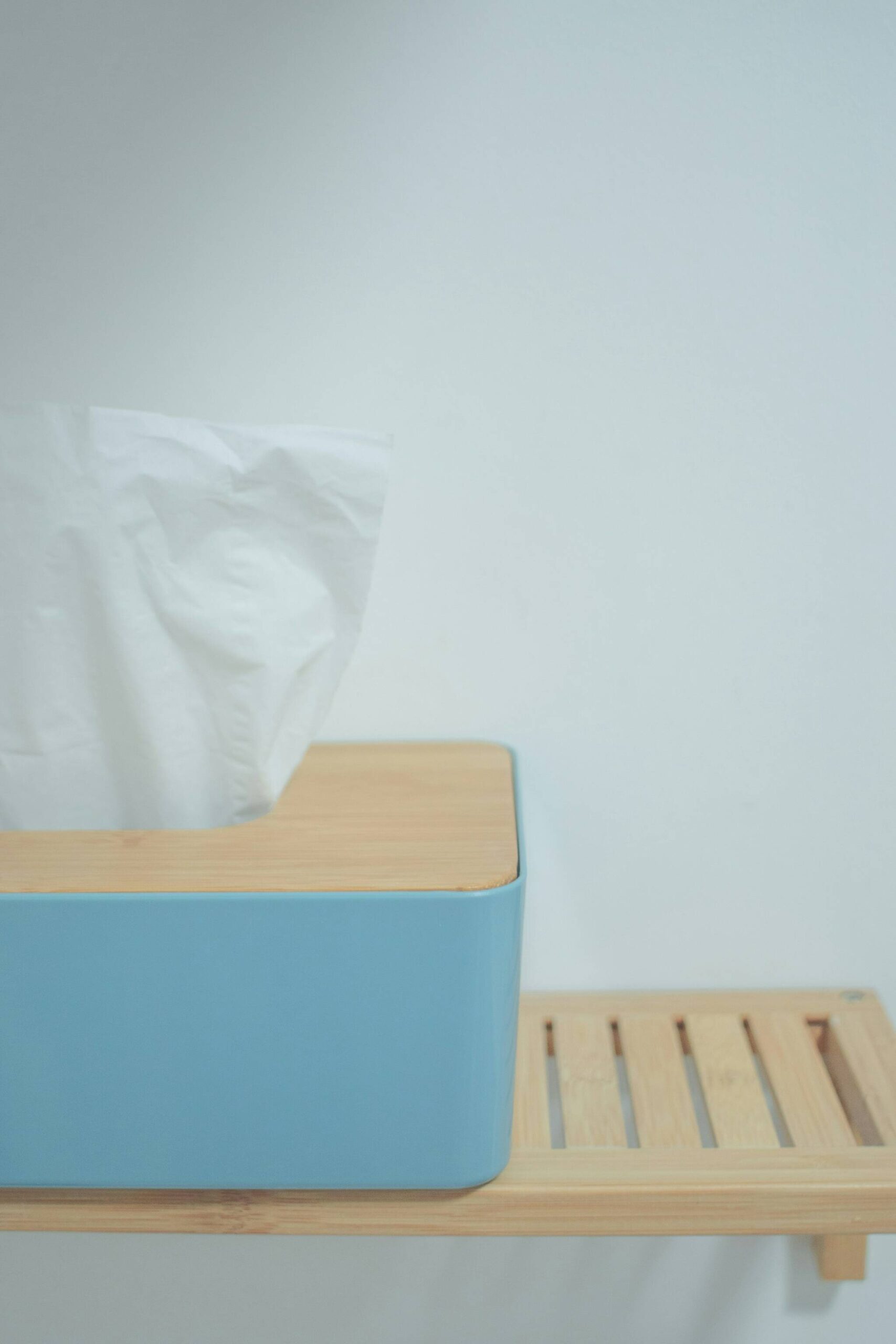Submitted by San Juan County’s Department of Health & Community Services.
This has been an intense influenza season in the United States, and influenza activity in Washington remains very high. This is a good time to remember the basics to keep your risk low and protect others in our community from influenza-like illness.
Prevent respiratory illnesses
It’s not too late to vaccinate! The best protection against respiratory illnesses is vaccination. Vaccines can help to prevent serious symptoms and may help keep you out of the hospital if you do become sick. If you have questions about any vaccines, please don’t hesitate to reach out and speak with one of our public health nurses. They are always happy to talk with you and answer any questions you may have.
At San Juan County Health & Community Services, we can vaccinate all children under 19 years old and uninsured adults aged 19 years and older. Adults with insurance, including Medicare, should check with their primary care provider or their local pharmacy to make a vaccination appointment. If you are uninsured or are making an appointment for a child, you can sign up for one of our upcoming clinics by calling our office at 360-378-4474.
Take these actions to keep you and your family safe from respiratory illnesses like influenza, COVID-19, and RSV, or respiratory syncytial virus:
• Get vaccinated, if possible. Vaccines for influenza and COVID-19 are your best defense against respiratory illnesses. Some people who get vaccines may still get sick. However, vaccines may help reduce the severity of your illness. It will also decrease your chance of needing to go to the hospital.
• Stay home when you are sick. Stay home until you feel better if you have any of the following symptoms: fever, sore throat, cough, sneezing, headache, nausea and/or vomiting and/or diarrhea.
• Consider masking. If you must go out while you are sick or if you are visiting a vulnerable family member, consider wearing a well-fitting mask to protect those around you. People are considered vulnerable if they are under 6 months old or over 60 years old, or if they are likely to become severely ill with an illness that may be mild for others.
• Cover your cough or sneeze. Cover your mouth and nose with a tissue or the inside of your elbow when you cough or sneeze. Put your used tissue in the waste basket and wash your hands immediately.
• Wash your hands regularly. Use soap and water and wash for at least 20 seconds, scrubbing well. If there is no soap available, use an alcohol-based hand sanitizer with at least 60% alcohol.
• Clean and disinfect surfaces that may be contaminated with viruses.
• If needed, take antiviral drugs as prescribed by your doctor.
Recognize the emergency warning signs of respiratory illnesses
Call 911 when you see someone:
• Having severe trouble breathing (struggling for each breath, can barely speak or cry).
• Has passed out or has stopped breathing.
• With lips or face that are bluish when they are not coughing.
• That may be having a life-threatening emergency.
Get medical help right away for infants when they:
• Have a fever over 100.4 F for infants younger than 3 months (or fever for more than 24 hours if older than 3 months).
• Have fast or labored breathing.
• Look very ill or are unusually drowsy or are difficult to console.
• Have significantly fewer wet diapers than normal.
Children should go to the ER when they:
• Have fast or labored breathing.
• Are not able to drink enough fluids.
• Have very decreased alertness and activity.
• Have a fever for more than 72 hours, or their temperature repeatedly rises above 104 F.
Adults should go to the ER with any of these:
• Difficulty breathing or shortness of breath.
• Chest pain.
• Confusion.
• Worsening fever and cough, especially with pink or bloody mucus.
Relevant URLs:
Get your immunization records (MyIR): https://myirmobile.com/.
Respiratory Illness Data Dashboard (Department of Health): https://doh.wa.gov/data-and-statistical-reports/diseases-and-chronic-conditions/communicable-disease-surveillance-data/respiratory-illness-data-dashboard.
Recommended vaccines by disease (Centers for Disease Control): https://www.cdc.gov/vaccines/by-disease/?CDC_AAref_Val=https://www.cdc.gov/vaccines/vpd/vaccines-diseases.html.
Vaccine Preventable Adult Diseases (CDC): https://www.cdc.gov/vaccines-adults/diseases/?CDC_AAref_Val=https://www.cdc.gov/vaccines/adults/vpd.html.
Vaccinate Your Family: https://vaccinateyourfamily.org/which-vaccines-does-my-family-need/babies-children/.
For other vaccine locations in the area, www.vaccines.gov.




